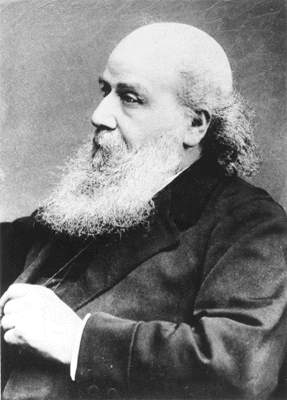James Joseph Sylvester. "A Plea for the Mathematician, Nature," Vol. 1, p. 238; Collected Mathematical Papers, Vol. 2 (1908), pp. 655, 656.
Famous James Joseph Sylvester Quotes
J. J. Sylvester. "A Probationary Lecture on Geometry", Collected Mathematical Papers, Vol. 2 (1908), p. 9 https://babel.hathitrust.org/cgi/pt?id=miun.aas8085.0002.001;view=1up;seq=25
James Joseph Sylvester, Collected Mathematical Papers, Vol. 2 (1908), p. 214.
Bigeometric Calculus: A System with a Scale-Free Derivative by Michael Grossman, p. 31.
"A plea for the mathematician", Nature, Vol. 1, p. 261.
J. J. Sylvester. "Additional Notes to Prof. Sylvester's Exeter British Association Address", Collected Mathematical Papers, Vol. 2 (1908), pp. 717–718 https://babel.hathitrust.org/cgi/pt?id=miun.aas8085.0002.001;view=1up;seq=732
Reported in: Memorabilia Mathematica by Robert Edouard Moritz, quote #129.
James Joseph Sylvester, Collected Mathematical Papers, Vol. 1 (1904), p. 91.
